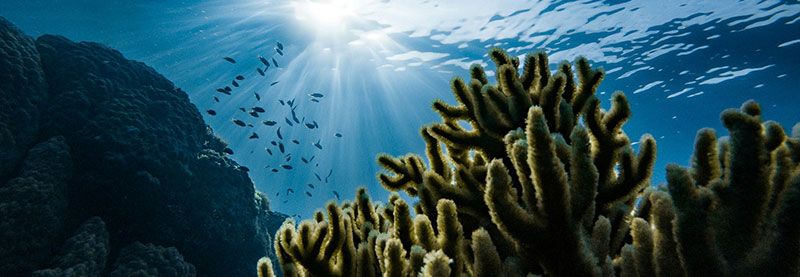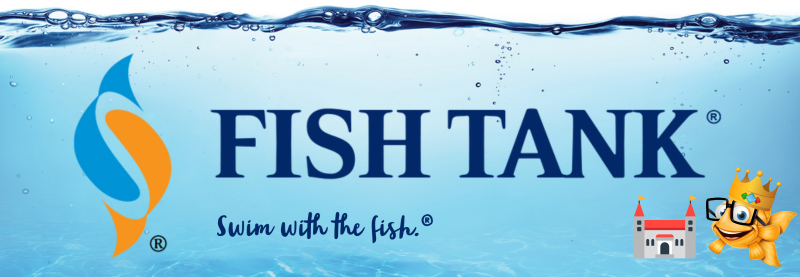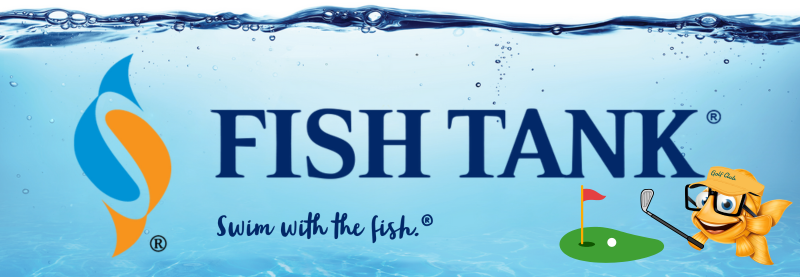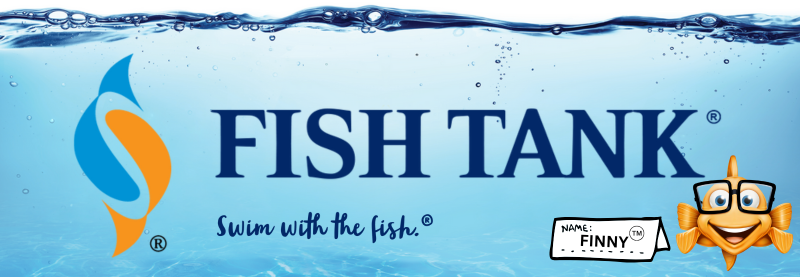Intellectual Property Insights from Fishman Stewart PLLC
Newsletter – Volume 24, Issue 9
Share on Social
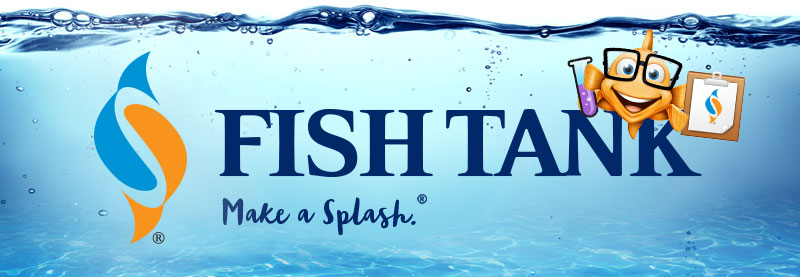
Celebrate World Intellectual Property Day with Finny
By Anthony M. Gartrelle
How will you be celebrating World Intellectual Property (“IP”) Day on April 26th? Finny will be swimming around the world testing the cleanliness of our waters and visiting his friends under the sea because this year’s topic is “Sustainable Development Goals” (or “SDGs” for short).
These SDGs set a fifteen-year plan for improving life at every level on this planet because while there may be upwards of 8 trillion planets in the Milky Way galaxy, there is only one Earth and we all have to do our part to keep Mother Earth healthy.
This year’s World IP Day topic exemplifies the long-established connection between innovation, intellectual property, and the initiatives pursued by these SDGs. For example, and as we wrote about in a recent FishTank article, patent application review has been expedited for climate-related technologies by the US Patent and Trademark Office.
In September 2015, Heads of State and Government and High Representatives met at the United Nations Headquarters in New York and agreed on the 17 SDGs and 169 targets to achieve them. Of course, Finny’s favorite SDGs are Life Below Water (SDG 14), quality education (SDG 4), and clean water and sanitation (SDG 6), but the other 14 goals cover topics critical to preserving our environment while promoting innovation and economic growth. Other SDGs range from ending poverty in all its forms (SDG 1), achieving gender equality and empowering all women and girls (SDG 5), and building resilient infrastructure and fostering innovation (SDG 9).
Among Finny’s favorite targets include preventing and significantly reducing marine pollution of all kinds (Target 14.1), minimizing and addressing the impacts of ocean acidification (Target 14.3), protecting and restoring water-related ecosystems (Target 6.6), and eliminating gender disparities in education and ensuring equal access to all levels of education (Target 4.5). For a full list of every SDG along with a breakdown of the targets, events, publications, and actions taken to meet these SDGs, please visit the United Nations website.
To see the progress of the SDGs, visit the United Nation’s Department of Economic and Social Affairs Statistics Division detailing a vivid yearly progress report. The most recent progress assessment from 2023 is shown below. As you can see in Figure 1, Finny is doing his best to keep SDG 14 (Life Below Water) on track!
The World Intellectual Property Organization (WIPO) established World IP Day in 2000 to highlight the impact that patents, copyrights, trademarks, trade secrets, and designs make on daily life, and to pay tribute to the creators and innovators who have changed the world through their creativity and contributions. To celebrate World IP Day, the US Patent and Trademark Office will be hosting an in-person gathering at the U.S Capitol Building on Wednesday, May 1st at 4 pm (ET). To attend, visit the registration page.
If you see Finny on his journey, please take a picture and post it on social media with the hashtag #FollowFinny so we can all track his progress together. Visit Finny to learn more about him and see where he’s been! A plush toy of Finny is available as a travel companion on our Swag page. Celebrate with Finny by helping meet the Sustainable Development Goals and have a wonderful World IP Day!
Anthony M. Gartrelle is the newest associate at Fishman Stewart, PLLC and a past committee member in previous World IP Day events along with Michael Stewart and Paul Ratzmann. Practicing a wide range of technology fields, Anthony has experienced much of what the Intellectual Property field has to offer while working as an intern for various law firms as well as a Patent Examiner at the United States Patent and Trademark Office.

Related Content from Fishman Stewart
Despite her pseudo-legal background in Suits, Meghan has been running into one issue after another in her efforts to register the trademark and logo for her new lifestyle company, for now, called “AS EVER”.
By 1930, efforts began in New York to replace Mother's Day with Parent's Day because men were more than just breadwinners. Those efforts didn't catch on, probably because in that era, women often spent more time in the home.
In February, Nike and Skims announced that they will be working together on a new brand, NikeSkims. The co-brand will create a new line of training apparel, footwear, and accessories specifically designed to meet the unique needs of women athletes.
Generally, federal courts have exclusive jurisdiction over copyright cases, and often, this presents an insurmountable paywall for individual artists and small businesses to vindicate their rights, especially where the value of the individual copyrighted works are relatively low.
Dedicated to raising public awareness about the importance of encouraging innovation and creativity throughout the world, the World Intellectual Property Organization (WIPO) annually observes World Intellectual Property Day on April 26 to showcase the role that patents, trademarks, industrial designs, copyrights and trade secrets play in our everyday lives.
Hold onto your foam fingers, sports fans – college sports just got a whole lot more interesting! The latest updates to Name, Image, and Likeness (NIL) rules are making student-athletes bigger than ever, and it’s not just about the game anymore.
Did a federal court in Louisiana recently decide that US copyrights are global rights? It seems so.
L.A.B. Golf aims to protect its innovations, and therefore its market position, owning three patents for its zero-torque design. The question now is whether L.A.B. Golf can withstand the wave of copycat designs.
One of his most famous songs, “Lose Yourself” was recently at the center of a lawsuit. In 2019, Eminem’s publishing company Eight Mile Style sued Spotify claiming that Spotify streamed a number of its musical compositions without proper licenses.
Our latest article tackles three common trademark questions: 1. Can I trademark my own name? 2. Can I trademark the name of a fictional character? 3. Can I trademark the name of a U.S. president or British royal?
IDENTIFYING, SECURING AND ADVANCING CREATIVITY®


